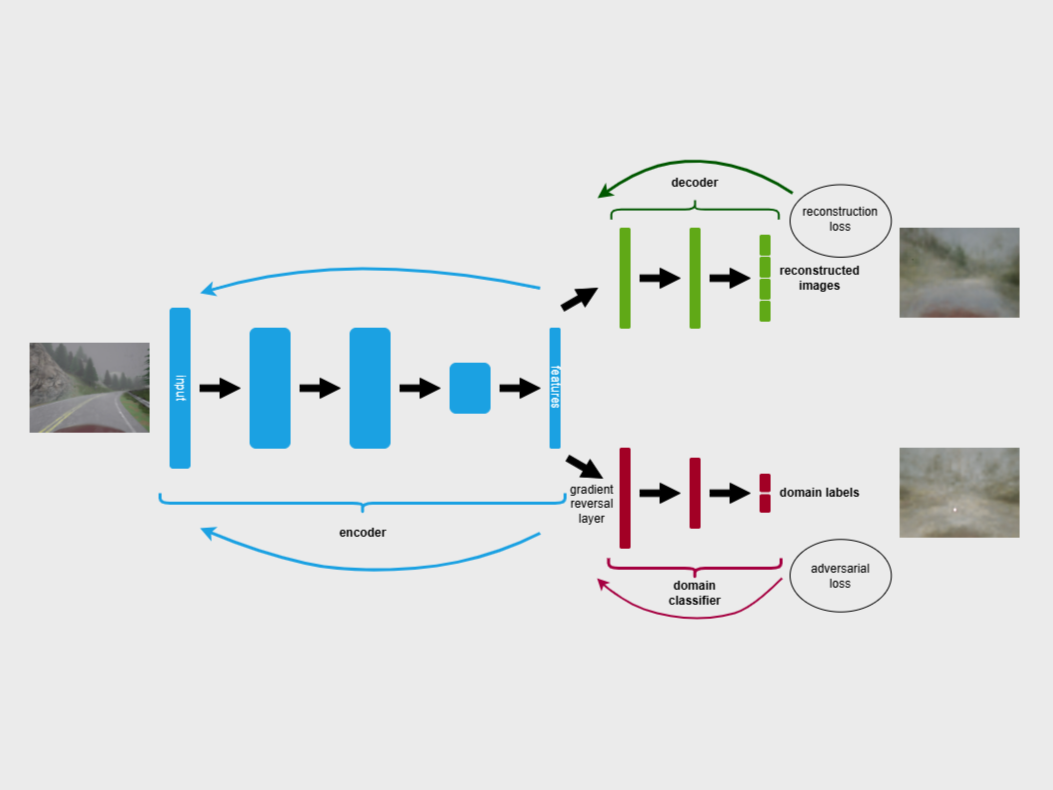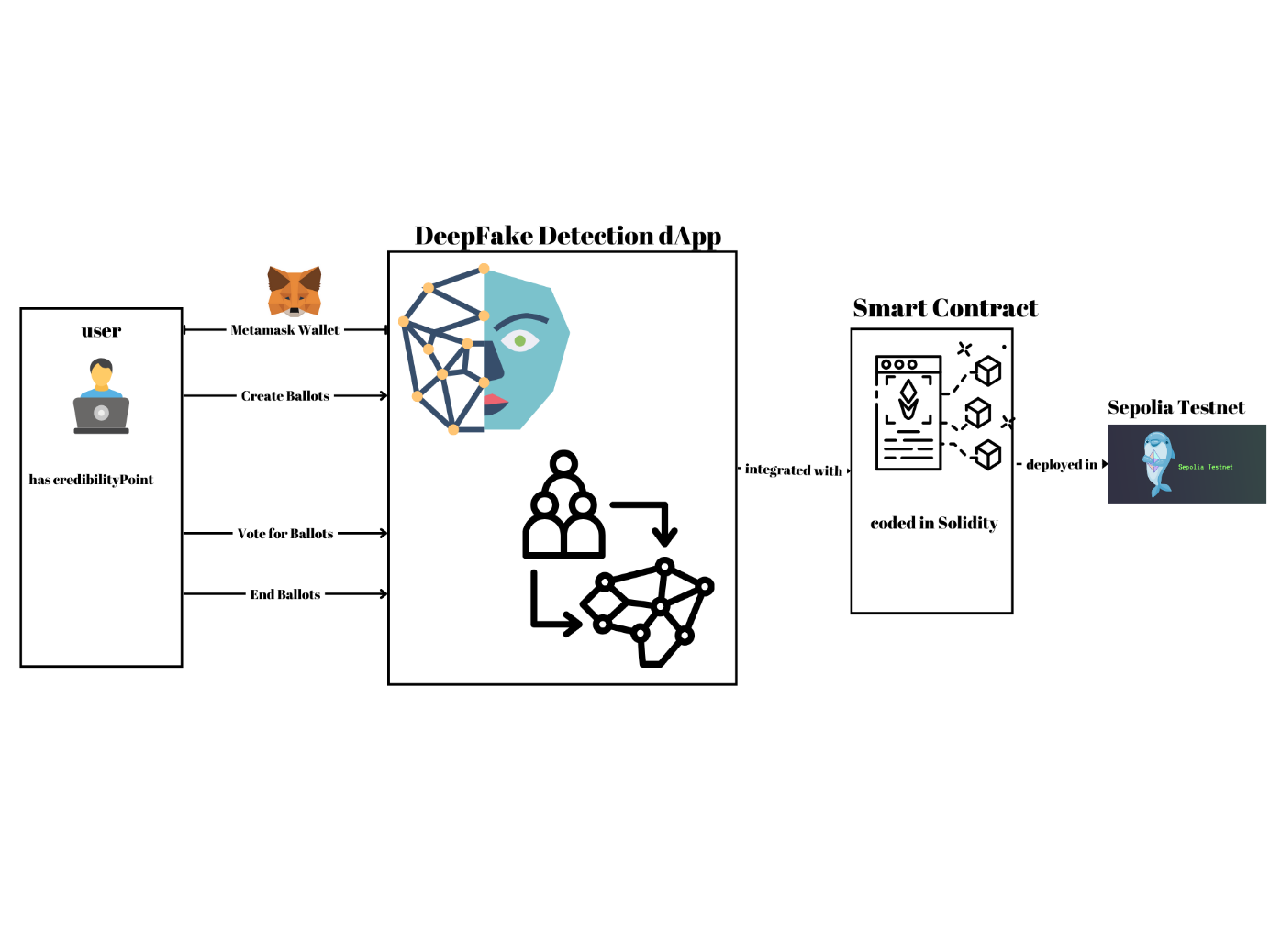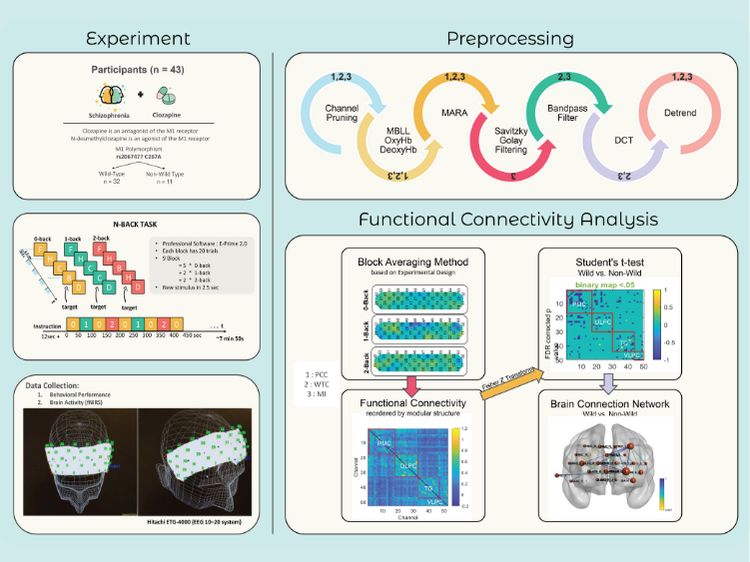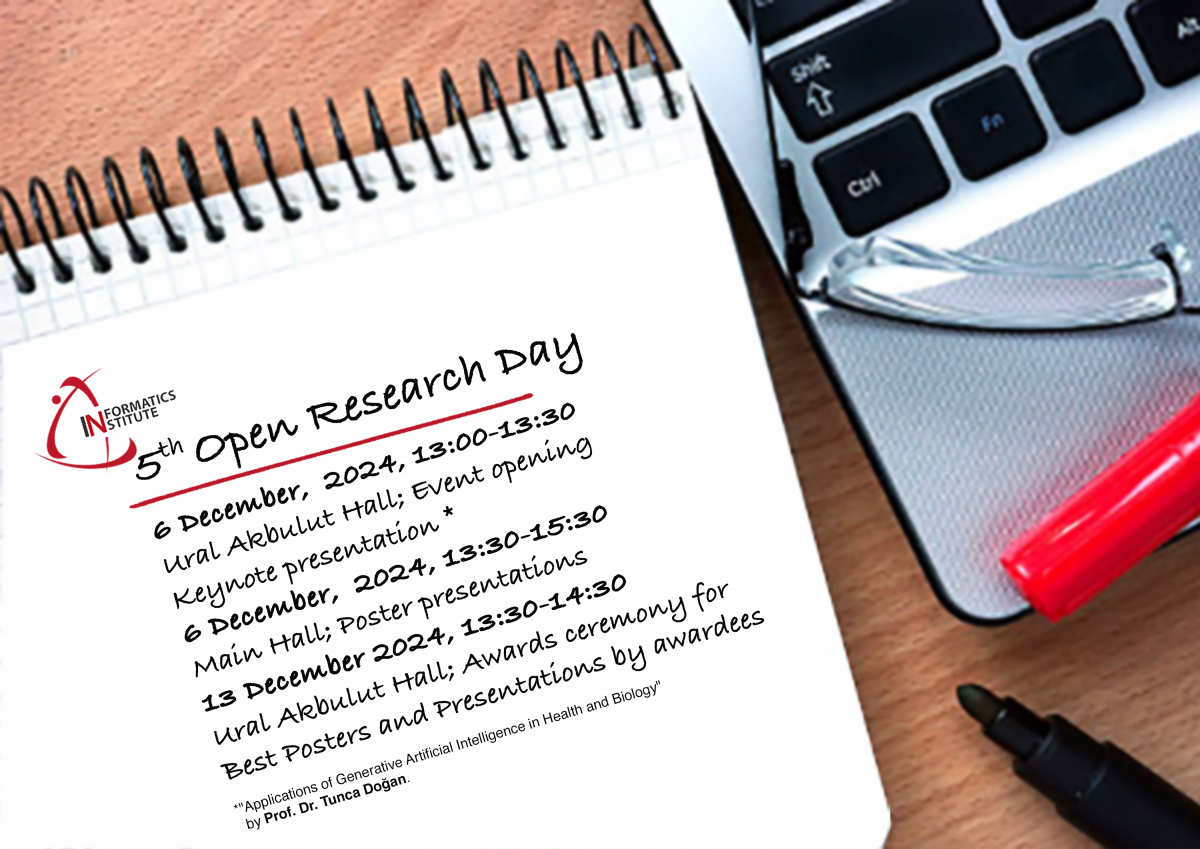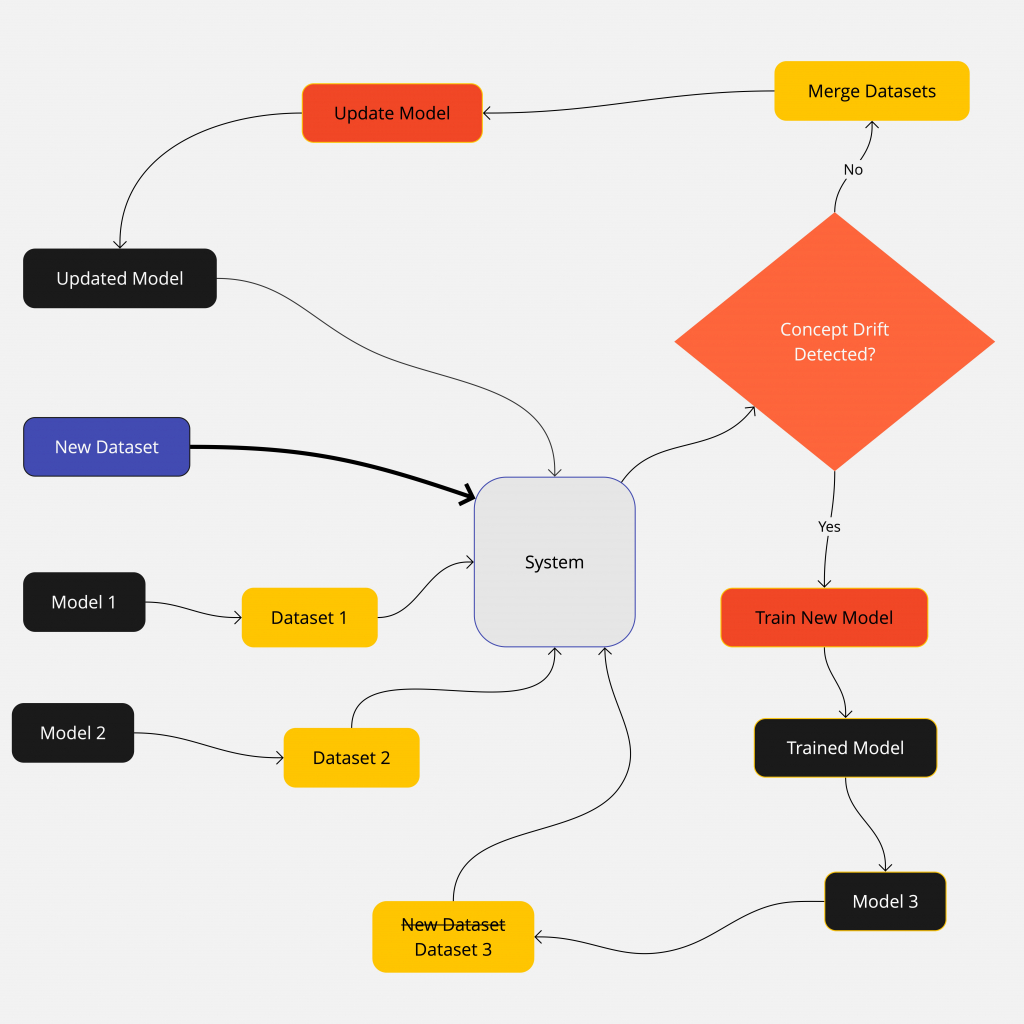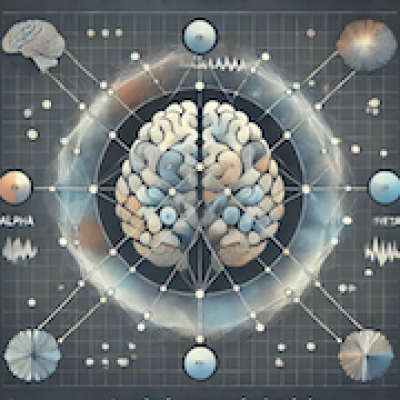Özge Köktürk, Context-Invariant Autoencoder Training via Unsupervised Domain Adaptation
This thesis introduces a methodology for training context-invariant autoencoders using unsupervised domain adaptation to enhance model generalizability under varying contexts. By employing domain-adversarial training and data augmentation, the approach extracts domain-invariant representations while disregarding contextual variations. Experiments utilize the CARLA simulator, generating diverse image datasets across weather conditions and times of day. The proposed framework improves reconstruction loss and feature robustness, demonstrating its efficacy in achieving reliable machine learning performance in dynamic environments. The study emphasizes the utility of domain adaptation techniques in addressing domain shifts, offering a foundation for robust applications in autonomous systems.
Date: 06.01.2025 / 14:30 Place: A-212
